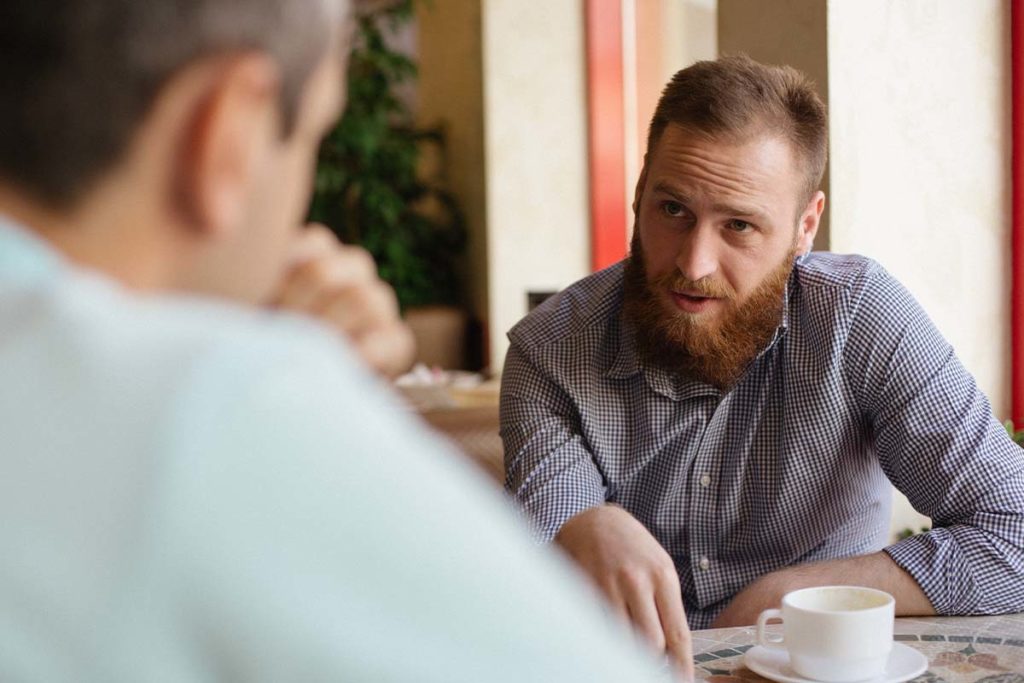Seeing someone you care about going through meth addiction can be painful and distressing. The effects of meth abuse can have serious health consequences, and someone in the grip of addiction can quickly lose themselves to substance abuse. Recognizing the signs of meth abuse and addiction early on is crucial to getting someone the help they need. Apart from that, there are several steps a concerned party should take to ensure that a person experiencing meth addiction can get through recovery and live a healthier life.
If you know someone with a meth addiction, getting them into a meth treatment program could save their life. The media and the internet have painted a negative picture of meth users, but each one is a real person who deserves a chance to work toward sobriety. At Northpoint Colorado, we understand that each person’s experience with meth addiction is a product of unique life circumstances. We treat the person as a whole, not just their symptoms, which is why we are so successful in helping people with substance use disorders. If you are ready to learn more, contact us at 888.231.1281.
Signs of Meth Abuse and Addiction
The signs and symptoms of meth abuse and addiction can be divided into two groups—physical and behavioral.
Physical Symptoms
- Nervous activity, such as picking at the skin or biting fingernails
- Tremors or convulsions
- Sudden weight loss
- Rapid speech patterns
- Facial tics
- Sores on the skin
- Tooth decay
- Headaches
- Difficulty sleeping
Behavioral Symptoms
- Hyperactivity or restlessness
- Paranoia or irrational beliefs
- Hallucinations
- Unpredictable behavior and reactions
- Extreme exhaustion once the meth wears off
Not everyone who uses meth may display these symptoms. It’s important to remember that these symptoms may also have other explanations, such as a medical condition or mental health disorder.
Helping Someone with Meth Addiction
You can take several steps to help someone with meth addiction.
- Research meth addiction – Understanding the causes and effects of meth addiction will help you see things from your loved one’s perspective.
- Practice self-care – Ensuring that you are capable of providing support to your loved one will be crucial, as you cannot help someone else before you help yourself.
- Stop enabling behavior – It can be tempting to give your loved ones everything they need to feel comfortable, but that is a dangerous path that may lead to them only using more meth.
- Seek professional help – Whether or not your loved one is ready to begin treatment, seeking guidance and perspective from an experienced addiction therapist will prepare you to help your loved one.
One of the most challenging parts of helping someone is confronting them about their substance use. Talk to your loved one or friend about their meth use, being careful not to attack them or be judgmental about their situation. A better approach is to emphasize the care and concern you feel for them and the worry you experience when you see the damage that meth addiction is doing to their life.
When they are ready to begin recovery, getting your loved one professional help at a meth addiction treatment center is always best. Detoxing at home is not advisable for meth addiction, as the withdrawal effects can be powerful and possibly life-threatening.
Get Meth Addiction Treatment at Northpoint Colorado
When someone suffers from meth addiction, they may feel like there is no escape. However, that is not the case. Northpoint Colorado offers a comprehensive meth addiction treatment program. Most people can get sober and stay sober with the proper treatment and therapies. If you are ready to get help for a friend, family member, or colleague, contact Northpoint Colorado at 888.231.1281.

